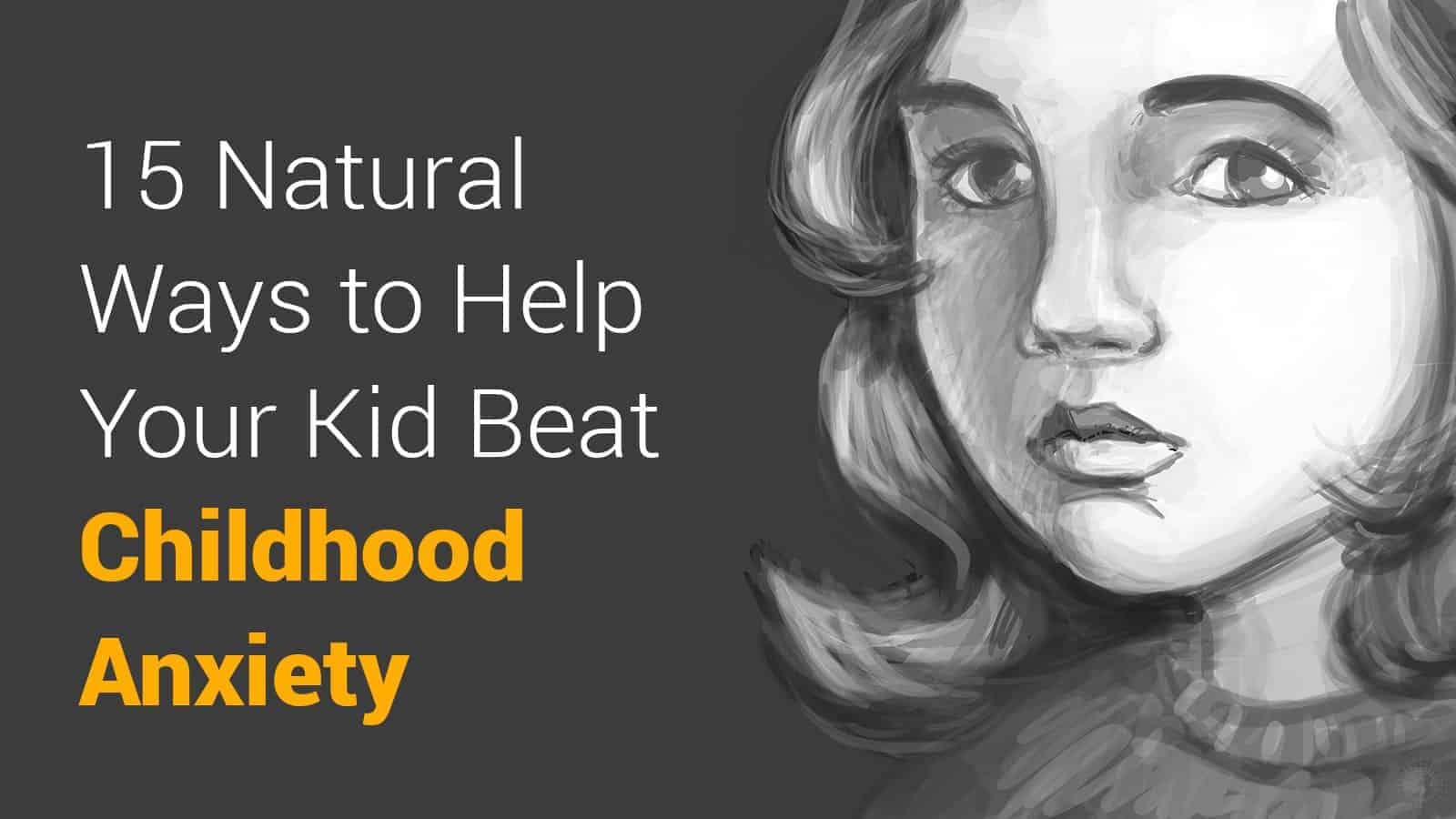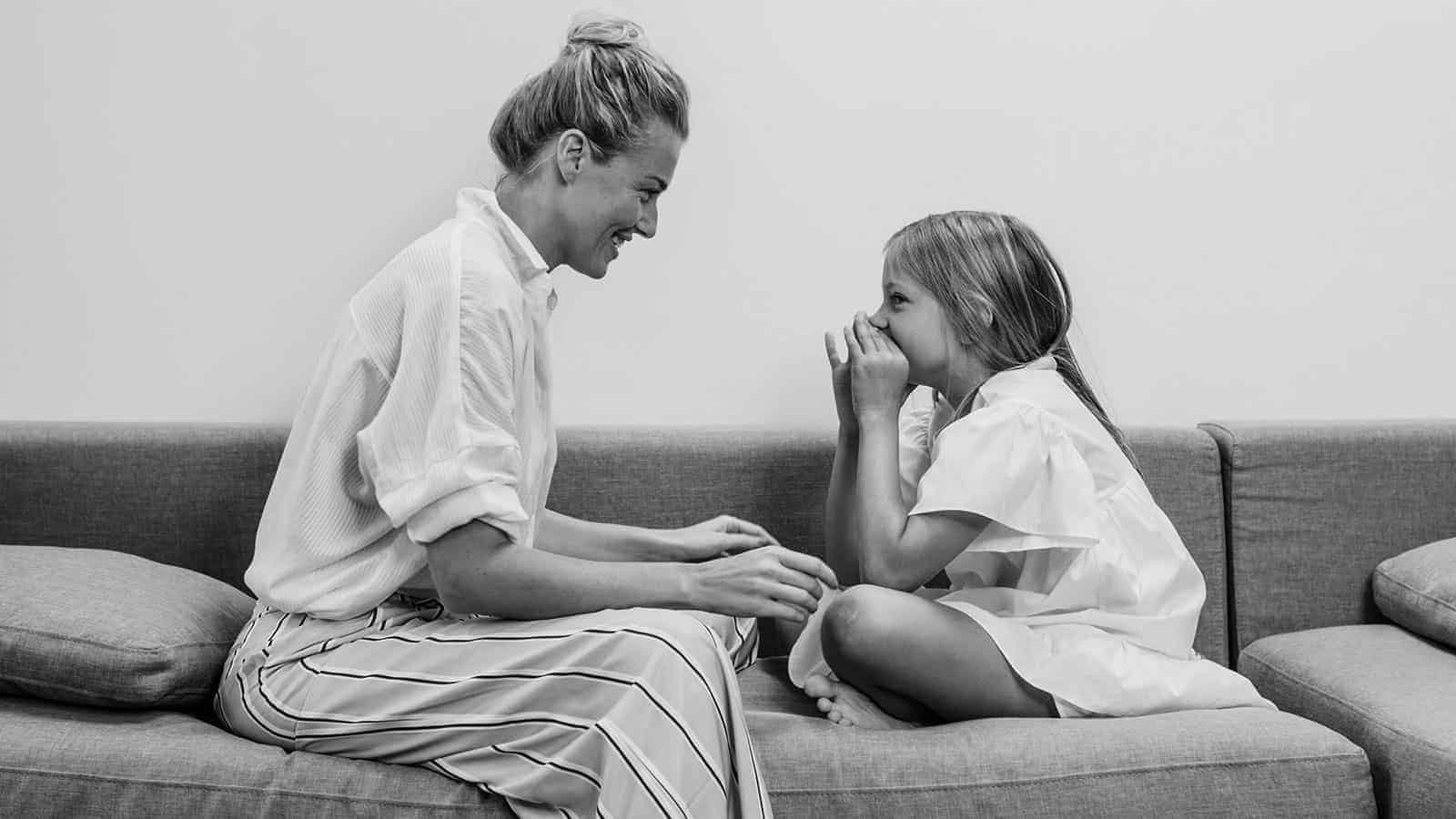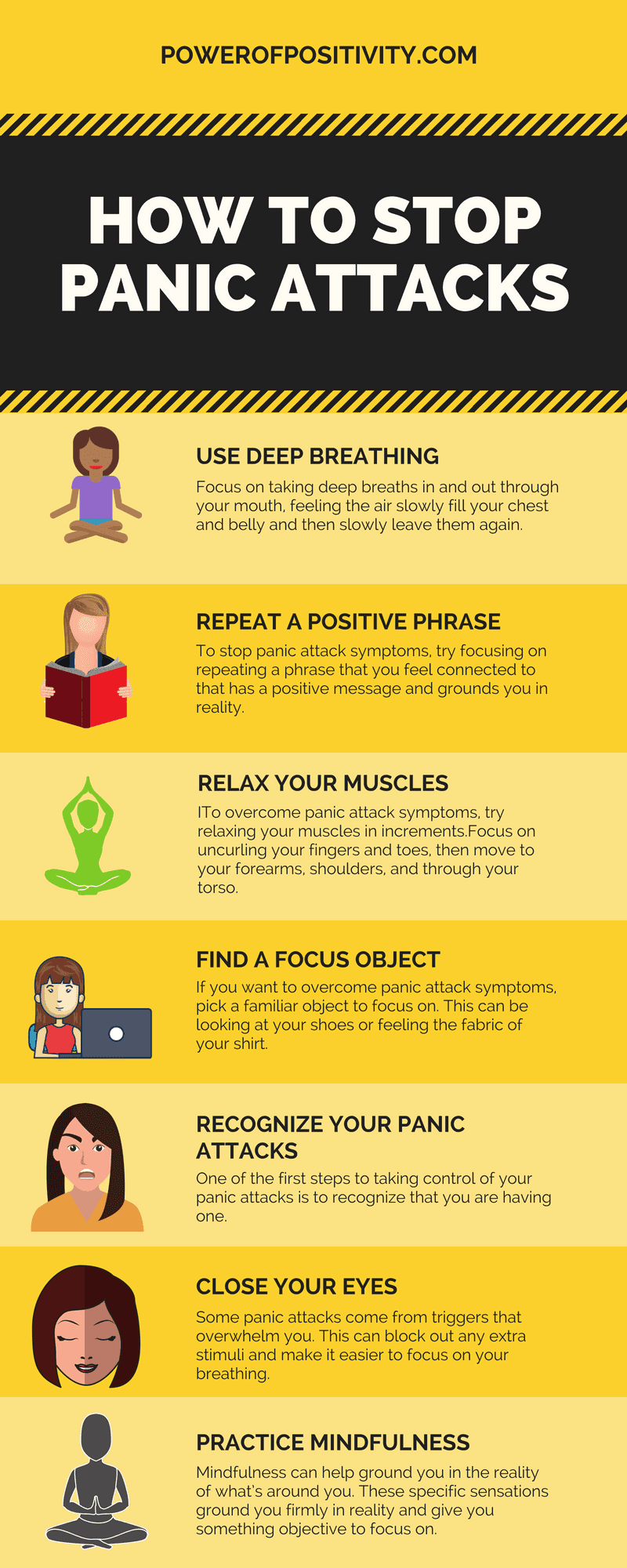Childhood anxiety is a serious problem these days. The stress can hinder your child’s development and prevent them from going out for the things they want to achieve in life. However, many parents don’t want to resolve the condition with medication. Luckily, there are other options. Here are 15 natural ways to help your kid beat childhood anxiety.
15 Natural Remedies to Soothe Childhood Anxiety
1. Avoid Sugar/Caffeine
Kids love candy and Kool-Aid. However, these things contain a lot of sugar. Children enjoy soda, too. This beverage has caffeine. Studies confirm the common sense advice–sugar and caffeine are not healthy for a child. They will only contribute to the symptoms of childhood anxiety. Plus, it can keep your child up at night, adding to the stress.
It’s difficult to eliminate sugar and caffeine, but you can do your best. Limit sugary drinks and sweets. You should also limit foods with artificial sweeteners.
2. Deep Breathing
When a panic attack strikes, your child may struggle to relax and breathe. One of the best ways to handle a panic attack is deep breathing. Teach your child how to breathe purposefully. Long, deep breaths can help them focus on their breathing instead of anxiety.
This habit isn’t only a method for when your child has a panic attack. It can help prevent them in the first place. Listen to purposeful breathing videos and meditation videos online. You should do these videos at least a couple of times a week. This practice should help reduce stress levels and hopefully prevent an attack.
3. Get Enough Sleep
Your child’s growing body requires sleep to function correctly. Unfortunately, many children don’t get the sleep they need. Your child should get at least 7 hours of sleep every single night. Set a bedtime that ensures they get enough sleep for the busy day ahead of them tomorrow. You may also notice an improvement in their anxiety.
To help get your child to sleep, you should keep television and phones out of the bedrooms at night and not eat too close to bedtime.
4. Aromatherapy
A smell can be a compelling thing. Scents can trigger memory and also affect the mood. If your child suffers from childhood anxiety, try alleviating the fears through their nose.
Fill your house with scents specifically known to have a soothing effect, such as:
- chamomile
- lavender
- bergamot orange
- lemon
- sage
You’ll want to put the smells in their room as well to help them relax at night. This is especially true if they struggle to sleep at night.
5. Encourage Self Care
More and more people are talking about self-care. Most people picture sitting in a tub with candles and a glass of wine, but children can practice self-care, too.
A child’s self-care may be a little different than what you consider self-care. Kids may decide to have a dance party, ride their bike, Zoom with their friends, tell jokes, and watch funny videos on YouTube.
While a child shouldn’t be able to practice self-care at all times, they should have some self-care time, especially on the most stressful days. Allow your child to pick their way to unwind when they need it to give them time to relax. Just limit the amount of time to about a half-hour.
6. Positive Affirmations
Positive affirmations are little phrases and sentences that you can say when you need some encouragement. These affirmations can increase self-esteem, increase motivation, and even reduce stress.
For someone who wants to use positive affirmations to reduce stress and anxiety, pick a phrase that reminds you or how strong you are. They should repeat the phrase in their head or aloud when they feel a panic attack starting. Hopefully, the expression will help you calm down and handle the situation.
7. Visit a Therapist
Sometimes all a child needs is a friendly ear. They may not feel able to talk to you openly about everything in their life. They would likely speak to someone who isn’t able to ground them, such as a therapist.
Pediatric therapists train on how to get kids to open up and talk about how they feel. They also know how to make the child feel heard and understood. Even the process of talking can help, and the therapist is the perfect person to lend an open ear. It’s best to find a therapist that your child seems to have a connection with.
8. See a Doctor
It’s essential to get a proper diagnosis for your child. Talk to your general pediatrician about your concerns about getting a referral to a psychologist or psychiatrist. They can give you a proper diagnosis. This way, you know if your child has anxiety or if they have something else. This data will determine your plan on how to handle the illness best.
A physician may also see other health problems associated with their stress. A doctor may even be able to help you discover the source of childhood anxiety, so you address the root of the problem.
9. Exercise
It’s essential to get out and be active. If a child’s body isn’t busy, their mind may start to get overly busy. Keep your child with anxiety moving. You can take them to the park or sign them up for different classes or sports teams. Your child will be more willing to exercise if they are doing something they enjoy, so make it fun if possible. After a hard workout, your child will be too tired to get anxious.
10. Find a Creative Outlet
Children with anxiety have a lot of feelings bottled up inside of them, including depression and happiness. They need a way to let these feelings out. If your child has a natural affinity toward a particular hobby, encourage them to pursue that hobby. Whether they like to write, paint, play drums, or act in plays, this is a way for them to express themselves creatively. This can help relieve the extreme emotions that someone with anxiety may be dealing with.
11. CBD Oil
Do not confuse CBD oil with marijuana. They both come from the cannabis plant. But unlike its cousin THC, CBD does not result in any psychedelic effects. CBD comes in a wide range of products, including tea and cream, and you can buy it at a variety of different types of stores. Something in the CBD oil releases calming neurotransmitters in the brain, producing a relaxed feeling. This is all-natural, and many people rely upon this method instead of medication.
12. Get a Dog (as an emotional support animal)
Yes, dogs are a lot of work. However, the love of a good dog and the way they can keep a child calm is worth every single walk in the middle of winter and picking up dog poop. Go to a pet rescue with your child and let them pick the dog that seems to gravitate toward them. You will notice a change in your child’s anxiety levels. You may even see that your child learns some responsibility along the way, too.
13. Herbal Teas/Supplements
There are several herbs out there that have a calming effect for anxiety. You can grow herbs right at home or even buy them in the form of supplements. Some essential herbs to help keep you calm are the following:
- green tea
- lavender
- chamomile
- kava
- valerian
14. Learn Coping Methods
Your child needs to learn how to handle a panic attack and depression when they happen. There are a number of ways to help relax. One popular method is to focus on the senses to regain control over your body. For example, you should focus on one five things you can see, four things you can touch, three things you can smell, and two things you can taste. Another method is to go for a walk or distract yourself.
15. Show Support
The world can be scary enough as it is without childhood anxiety. You need to make a point to show your child support during this time. They may feel afraid, and you want to teach them that you are there for them when they need to talk to somebody. This will help them feel comfortable coming to you when they are struggling with their anxiety. When you know there’s a problem, you’ll be able to do something about it.
Final Thoughts on Beating Childhood Anxiety
Childhood anxiety doesn’t need to get in your child’s way. If you notice stress, you should talk to your child about how they feel. If they do seem to be anxious, try these natural remedies to help them feel as comfortable in their skin as possible.




















